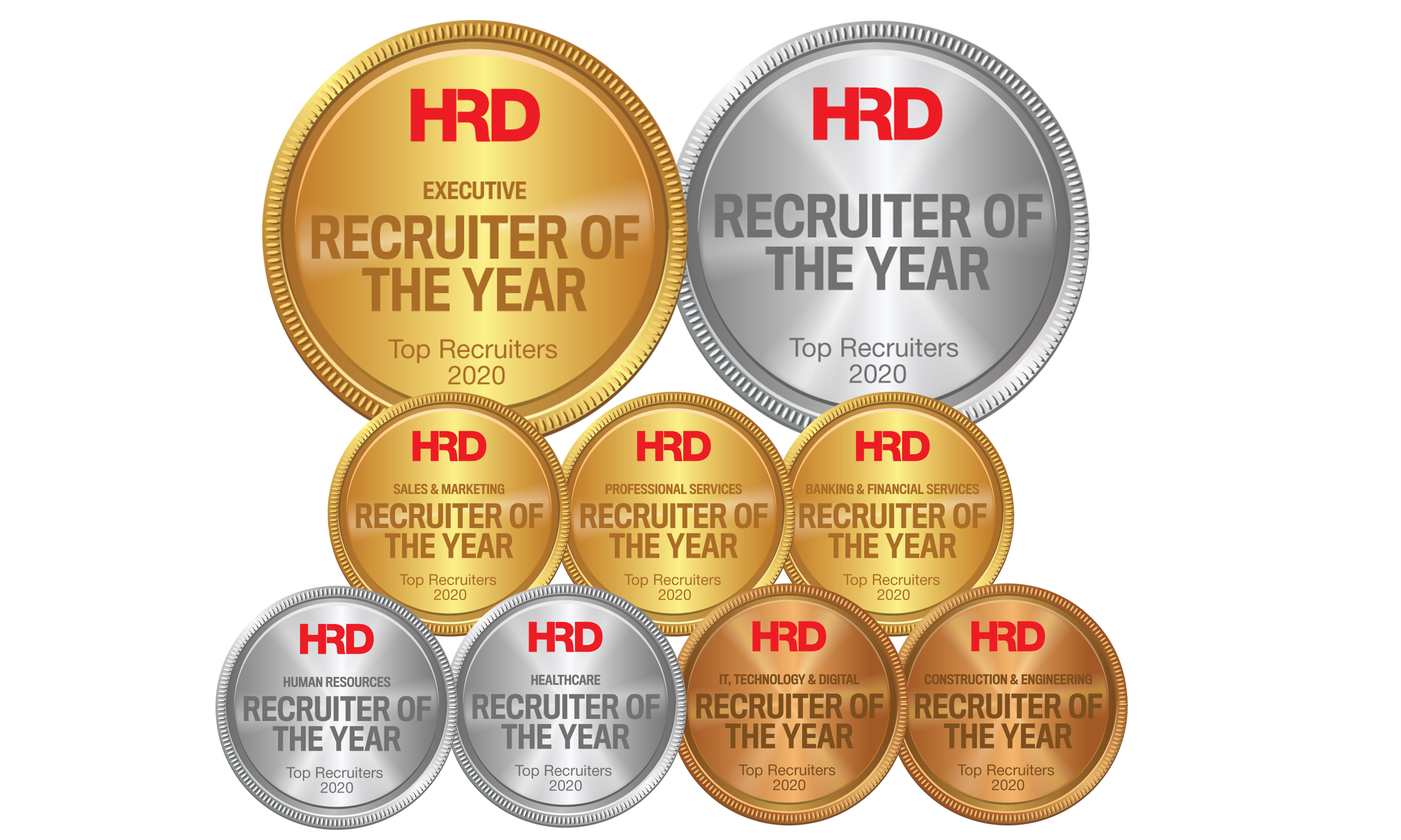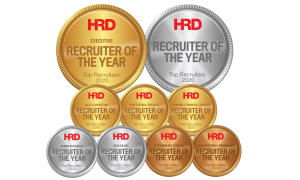
There were lots of wishy washy comments about him not being ‘strategic’, delivering a report that wasn’t up to standard, he was keeping very much to himself and overall “just not fitting in”. In all honesty, it was a verbal dump – the client was clearly letting off steam and venting frustration because they thought they had hired a star and where was the star performance they expected?
The realist in me kicked in – it’s been 6 weeks! It takes time to learn a new way of doing things. It takes time to get to know people. It takes time to build confidence in a new environment and depending on people’s personalities, it can appear to take even longer. But more than this, it takes a good leader to communicate expectations and give effective feedback.
“So how did he respond when you gave him this feedback?” I enquired, “is he willing to change his behaviour?”. This was received with more woffle and side stepping explaining that he hasn’t had a formal review as yet and what’s the point, we can see that it isn’t working! Agghh! People are not mind readers. People don’t know what you are thinking or feeling, unless you tell him! Bitching and whinging about what you are not getting is not going to change their behaviour or improve their performance. The only chance you have to improve performance is by giving feedback.
In this case, the client appeared resistant to give this feedback, as a lot of people don’t like giving bad news, especially to a new recruit. The flip side of this is actually a worse problem – having to let someone go, telling the team, the impact on morale, the headache of having to re-recruit, the time and emotional investment … the list goes on and on. Instead, having a 20-minute conversation discussing expectations and progress could turn the whole situation around. Imagine feeling clear, delighted and that you are both on the same page after all.
Quick tips for early performance intervention:
- Set a regular meeting to review expectations and performance
- Give specific examples where behaviour isn’t where you want it to be and be clear about how it needs to look next time
- Give specific examples of where things are going well
- Ask the employee how they think they are going?
- Agree to required actions to review at next meeting
- Ask the employee what is their understanding of what is now required (this is a communication check to ensure you have been clear in your expectations)
I rang the client today to see if he needed my services to replace his ‘dud’. Funny thing is that after having a chat, it seems that things are better and he might just work out after all……
Are you worried about someone’s performance? Are you feeling frustrated a leader isn’t delivering to your expectations? Ask yourself, when was the last time you ‘checked in’ and clarified your expectations and gave specific feedback?












 Finding talent, interviewing, recruitment, hiring, search and selection ….it’s easy! It’s not rocket science. How hard can it be, get resumes, interview, have a chat, make an offer – done! If only this was true….
Finding talent, interviewing, recruitment, hiring, search and selection ….it’s easy! It’s not rocket science. How hard can it be, get resumes, interview, have a chat, make an offer – done! If only this was true….
 ”Have you got any advice on my CV?” or “What do you think of my resume?” and “How can I improve my CV? are the questions we are asked every day here at Underwood Executive.
”Have you got any advice on my CV?” or “What do you think of my resume?” and “How can I improve my CV? are the questions we are asked every day here at Underwood Executive.
 At Underwood Executive we are delighted to announce that we have been named Executive Recruiter of the Year 2020 by
At Underwood Executive we are delighted to announce that we have been named Executive Recruiter of the Year 2020 by  nment in terms of people, culture and leadership. We choose to work with organisations who are dedicated to getting this formula right. When you know what you stand for, it makes it much easier to say no. From day one, I have held an unwavering dedication to building this business with that mindset; with the discipline to consistently have a ‘high touch’ relationship service with C-suite level decision makers.”
nment in terms of people, culture and leadership. We choose to work with organisations who are dedicated to getting this formula right. When you know what you stand for, it makes it much easier to say no. From day one, I have held an unwavering dedication to building this business with that mindset; with the discipline to consistently have a ‘high touch’ relationship service with C-suite level decision makers.”
